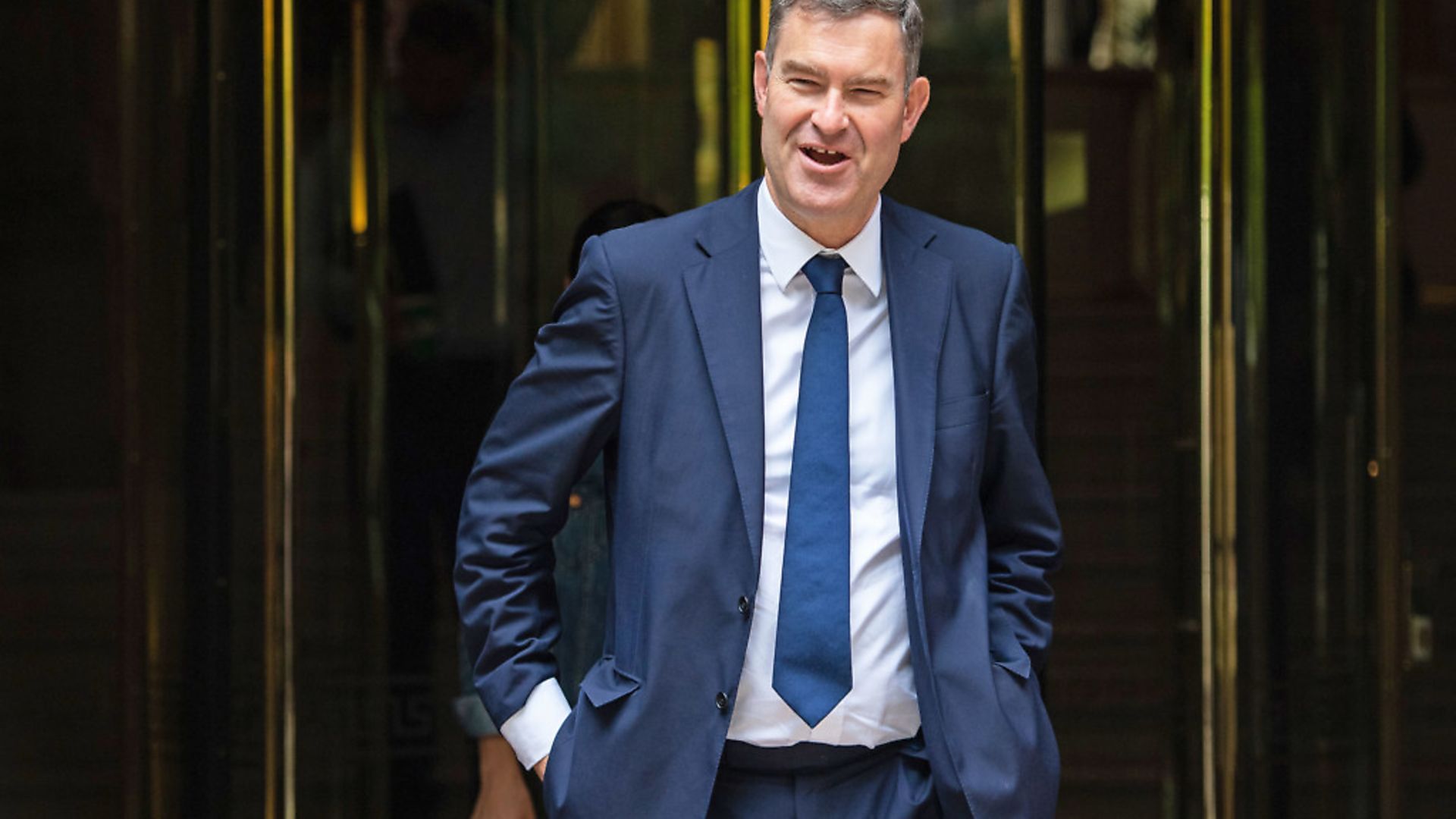
A former Tory minister has said the party’s MPs seriously undermined Theresa May’s attempts to broker a Brexit deal with the EU.
Former prime minister Theresa May was standing on a rock in the middle of a minefield after Chequers and knew she could not keep standing, former justice secretary David Gauke said.
Gauke, who had the Tory whip removed after he voted against Boris Johnson’s Brexit deal, said May was not hugely engaging with cabinet ministers.
The ex-minister, who lost his seat in the 2019 election when standing for re-election as an independent candidate, added that there were things he and others did that they may not have done if they had been fully confident in which direction May was heading.
After a marathon session of talks at Chequers, the prime minister’s official country residence, on July 6 2018, May and her Cabinet managed to hammer out a Brexit plan which she could take to the EU.
The plan would see the UK remain closely tied to Brussels on goods and agriculture, with the creation of a ‘common rulebook’, but was dismissed by EU leaders.
Tories on both wings of the party then openly called on her to ditch the plan, with former cabinet minister David Davis and current prime minister Boris Johnson resigning in protest at the proposal and calling on May to ‘chuck Chequers’ and seek a looser trade deal like Canada’s.
Speaking to the Institute for Government as part of its Ministers Reflect series, Gauke said May’s position had been made impossible by the point at which she chose to resign, with her leadership on the downturn after the Chequers debacle.
He said: ‘Every move that Theresa made, she was sort of standing on a rock in the middle of a minefield and she knew she couldn’t keep standing on the rock for much longer.
‘Every step she could take had enormous peril, and, at that point, apart from the fact that Brexit was consuming more and more time, for all of us, certainly most of my time and intellectual energy was going into the Brexit debate, rather than departmental business.’
Asked if May was engaging with the cabinet, Gauke added: ‘Not a huge amount from cabinet ministers, I think.
‘We did have meetings with her, and conference calls and so on. But she wasn’t hugely keen to find herself constantly sat in a room with five cabinet ministers on one side of the argument, saying you need to do this, and then ending that meeting and having a meeting with five cabinet ministers from the other side, saying you need to do that. I think I can understand her reluctance to do that.
‘There were certain times where we demand meetings and sitting in a room to speak and get that.
‘I think it would be fair to say our experience of her – and I think the other side would have made the same point – was that it’s very hard to really know where she was.
‘I think, particularly as we got through February and March last year, there were decisions that we made that perhaps, if we had just been more confident as to where she was going to end up, there were things that I and others did that maybe we wouldn’t have done if we’d been fully confident in which direction she was going to jump.
‘I think the point where she resigned, her job had been made impossible. There were too many of my former colleagues who were after her blood.
‘And, for some time, she’d been in this position where she was on the rock in the minefield and then she decided to get off the rock and make a run for it, and unfortunately the inevitable happened. It just felt that it was somehow always going to happen.’
Warning: Illegal string offset 'link_id' in /mnt/storage/stage/www/wp-includes/bookmark.php on line 357
Notice: Trying to get property 'link_id' of non-object in /mnt/storage/stage/www/wp-includes/bookmark.php on line 37






